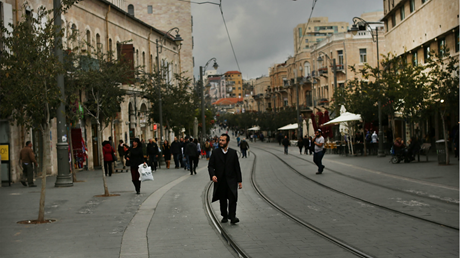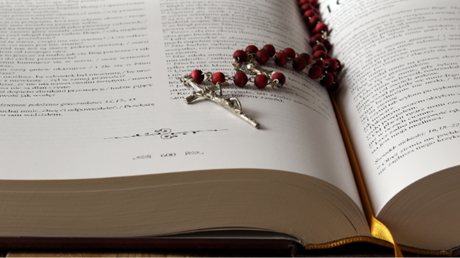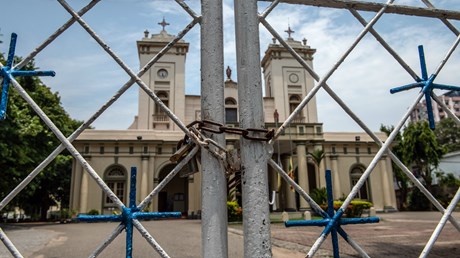Glenn and Pauline Plummer say they are ambassadors, but some see a secret agenda to convert Jews.

Glenn and Pauline Plummer had barely unpacked in Israel before the counter-missionaries came after them.
The Church of God in Christ (COGIC) bishop and first lady moved from Detroit in September. They were met by a YouTube video of spliced-together clips showing the couple on Christian TV talking about winning souls, baptizing people, and moving to Israel. The footage was taken from several different sources and from a number of different years, but combined to make it look like the Plummers were planning a major campaign to convert Israeli Jews.
Citing the online evidence, anti-missionary rabbis raised an alarm and demanded investigation into what the COGIC minister and his wife were doing in the country and how they were even allowed visas.
“He is going to baptize the people here in Israel,” warned Tovia Singer, an Orthodox rabbi who heads one anti-evangelical group. “All these groups are out there and they are targeting Jews for conversion. And they are after the very young, the very old. They love to convert anyone, but they go after anyone who is weak.”
Proselytizing—attempting to convert someone to a new faith—is not illegal in Israel as it is in many countries in the world. The laws prohibit attempts to evangelize anyone under 18 and say that missionaries cannot offer material benefits in exchange for conversion. But otherwise, Christian missionaries may urge Jews in the Jewish homeland to change their faith.
Many Jews see proselytizing as offensive, however, especially in Israel. The nation was founded as a Jewish homeland after Nazi Germany eradicated six million Jews and then other countries, including the United States, would not accept Jewish refugees. Conversion, critics say, is ...
First COGIC Bishop to Israel Meets Opposition from Counter-Missionaries posted first on https://Twitch.tv/OzRuzz/





